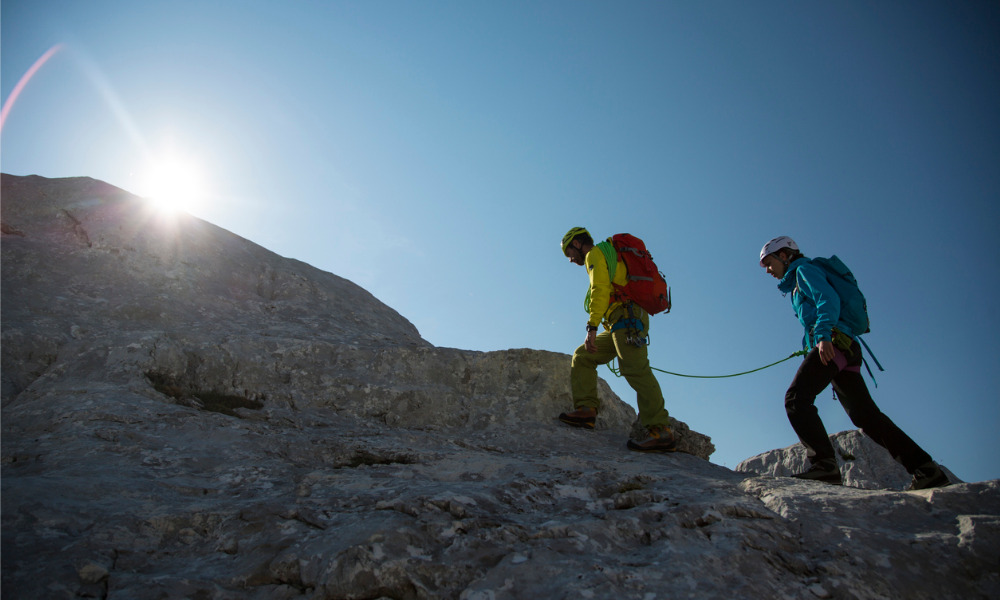The waiver did not cover a climbing expedition during which the client was injured

In a recent ruling, the BC Court of Appeal rejected the applicability of a liability waiver in a case involving an experienced mountain guide and a client.
The dispute in Mitchell v. Manson, 2024 BCCA 142, focused on whether the waiver signed by the plaintiff, Ian Manson, covered multiple climbing expeditions or was limited to a single outing. The court ruled that the liability waiver signed by the client only applied to the specific trip for which it was originally completed and did not cover subsequent climbing expeditions, including the one during which the client was injured.
Ian Manson, an avid outdoorsman, was injured during a climbing expedition on Mt. Rogers in Glacier National Park with Jeffrey Mitchell, a mountain guide. Before their first climb together, Manson had signed a digital waiver online, which was intended to release Mitchell and his company, Revelstoke Alpine School Inc., from liability. The waiver was specifically filled out for a June 18, 2021, climb, but the parties undertook multiple climbs that summer.
The incident occurred during a later climb, which is not specifically listed in the waiver. After sustaining injuries, Manson filed a lawsuit against Mitchell and his company, asserting that the waiver signed on June 18 did not cover the climb during which he was injured. The defendants contended that the waiver was meant to cover all summer activities planned for 2021, not just the initial outing.
The BC Court of Appeal confirmed the lower court's decision that the waiver applied only to the specific trip dated June 18, 2021. The court found no evidence to support the defendants' claim that the waiver was intended to cover additional climbs, including the one on Mt. Rogers. The decision emphasized that the waiver specified the date and did not imply coverage beyond that day.
The court analyzed whether the surrounding circumstances or the parties' intentions could imply a broader waiver application. However, it concluded that the express terms of the waiver, combined with the specific details filled out by Manson, restricted its scope to the initial climb only.
In its ruling, the court emphasized the importance of clear and precise terms in liability waivers, especially when engaging in potentially hazardous activities such as mountain climbing. The court highlighted that waivers must explicitly define their scope to ensure both parties understand the covered activities.










